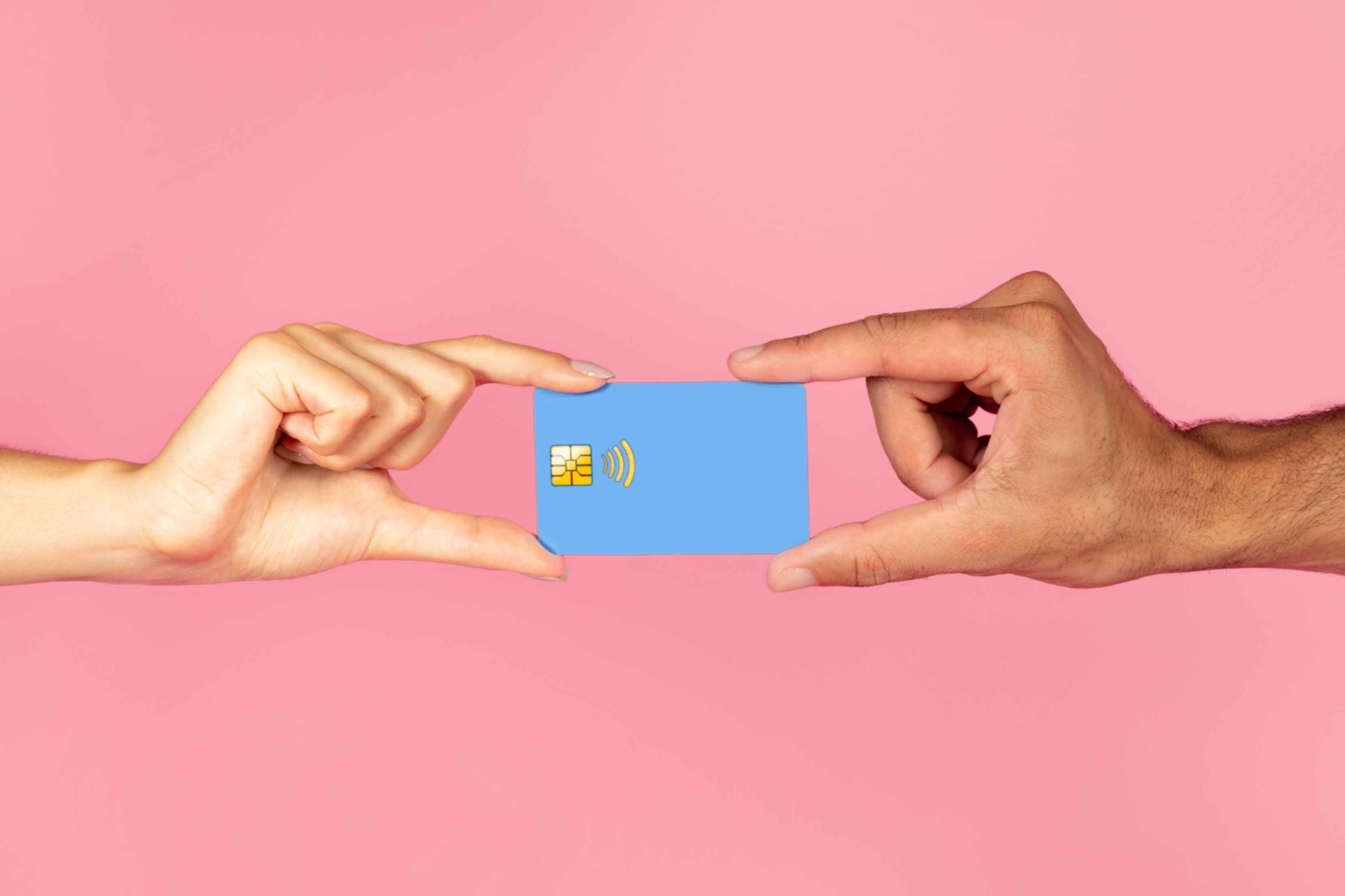What Are Credit Score Hacks and Do They Actually Work?

Strong 8k brings an ultra-HD IPTV experience to your living room and your pocket.
Credit scores are the gatekeepers to financial opportunities—affecting everything from loan approvals to the interest rates you pay. Given the stakes, it's no surprise that "credit score hacks" have gained a lot of attention online. But what exactly are these hacks, and do they really deliver on their promises?
Understanding Credit Score Hacks
Credit score hacks are tips, strategies, or shortcuts aimed at boosting your credit score quickly. While some are based on sound financial principles, others are more myth than magic. Let’s break down which ones actually work and which you should approach with caution.
Proven Credit Score Hacks That Work
1. Pay Bills On Time—Every Time
Your payment history, which makes up to 35% of your FICO score, is the single most significant component of your credit score.
You may ensure that you never forget a payment by setting up autopay or reminders.
2. Lower Your Credit Utilization Ratio
Keep your credit card balances well below your limits—ideally under 30%, but the sweet spot is closer to 7-10%.
You can lower utilization by paying down balances or asking for a credit limit increase (but don’t spend more after your limit goes up).
3. Dispute Errors on Your Credit Report
Your credit score may suffer if your credit report contains errors. Examine your reports frequently, and challenge any errors you discover.
Many people see a significant score increase after errors are corrected.
4. Become an Authorized User
Being added as an authorized user to a family member or trusted friend's credit card who has a long, good credit history can raise your score by adding to your profile their solid payment history.
5. Make Multiple Payments Each Month
Instead of waiting for your statement due date, make small payments throughout the month. This keeps your balance low when the credit bureaus check your account, improving your utilization ratio.
6. Diversify Your Credit Mix
Your credit score may benefit from having a range of credit kinds, such as credit cards, personal loans, and vehicle loans, provided you handle them sensibly.
7. Limit New Credit Applications
A "hard inquiry" is made each time you apply for new credit, which may momentarily reduce your score. Spread out your applications and just apply when required.
Hacks That Are Questionable or Risky
1. Using a Hacker or Illegal Services
No legitimate hacker can improve your credit score. Attempting this is illegal and can result in identity theft or legal trouble.
2. Closing Old Credit Accounts
Because closing old accounts shortens your credit history and decreases your available credit, it might actually lower your score.
3. Rapid Rescoring Services
Some companies claim to offer “rapid rescoring” for a fee. While lenders can sometimes request quick updates, there’s no legitimate way to erase accurate negative information overnight.
How Fast Can You See Results?
- Quick Fixes: Disputing errors and paying down high balances can sometimes improve your score in as little as 30 days.
- Long-Term Habits: Consistent on-time payments and responsible credit use will steadily grow your score over several months to a year.
Final Thoughts: Are Credit Score Hacks Worth It?
Most “hacks” that promise instant, dramatic results are too good to be true. However, there are several proven strategies—like lowering utilization, disputing errors, and making timely payments—that can genuinely boost your score. The key is consistency and patience. Adopt healthy credit habits, avoid shortcuts that sound suspicious, and your score will rise over time.
Note: IndiBlogHub features both user-submitted and editorial content. We do not verify third-party contributions. Read our Disclaimer and Privacy Policyfor details.







